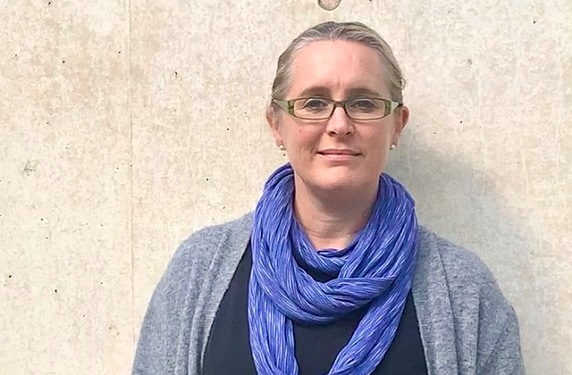The rapid passage of COVID-19 around the globe has shed an intense light on a number of critical ethical issues—from concerns about the rationing and just distribution of scarce resources such as ventilators and medicines; to questions of how to best respond to the vastly unequal impact of the virus across a range of demographic markers; to issues related to the limitations and extent of the power of states to impose restrictions and surveillance on their citizens; to the fraught business of vaccine development, distribution and uptake.
Take the example of resource scarcity. When COVID-19 began to spread rapidly through the world the immediate response was to institute social distancing in an effort to ‘flatten the curve’. At least one significant aspect of the desired ‘flattening’ was that it was intended to protect the health systems of various nations from being unable to cope with the exponential increase in demand. For example, because of the unpredictable intensity of the crisis in Italy some hospitals were forced to ration access to intensive care beds and ventilators. The harsh reality of the situation was that some patients were unable to access potentially life-saving treatment because of the scarcity of essential resources and the decisions that were made by medical staff.
Decisions concerning the distribution of limited essential resources are notoriously difficult, but unavoidable in a range of contexts. These kinds of decisions are truly life and death but, unfortunately, it is not at all obvious how they are best to be made, or by whom. And, of course, even ethicists disagree about the grounds on which such decisions should be made. Some argue that we should make these choices in such a way as to maximise net benefits, some think that the fairest way is to select patients randomly, and there are many possible options in between.
"The COVID-19 global pandemic has made salient many of the most difficult and challenging ethical questions, creating the ideal ‘real life’ classroom for teaching our students the crucial skills of ethical reasoning and critical thinking."
Dr Nin Kirkham, Discipline Chair, Philosophy
In response to these challenges which, while not being new, are made particularly salient in the context of a global pandemic, hospitals have reached different conclusions about who should make these decisions, and how. For instance, some hospitals opt to take the decision out of the hands of the doctors and nurses on the frontline of care—who might be both vulnerable to various biases that impinge on impartial decision making, and fully occupied by all of the other difficult treatment decisions they are having to make. They might do this by instituting small panels with expertise in biomedical ethics. Other hospitals have developed protocols which give those on the frontline of care a clear process to follow to make the difficult decisions about resource allocation. Regardless, such decisions sometimes must be made and it is best that they are made by people who understand the ethical complexities and can defend their decisions with reference to widely understood and broadly acceptable moral reasons.
Our graduates need to understand the complexities of the ethical issues that we all face. The COVID-19 global pandemic has made salient many of the most difficult and challenging ethical questions, creating the ideal ‘real life’ classroom for teaching our students the crucial skills of ethical reasoning and critical thinking. In response, the philosophy discipline group has been quick to pivot the focus of our ethics teaching. For instance, in our unit PHIL2001: Bioethics, which is also offered in the ‘Humanities for Health and Medicine’ major, Dr Lachlan Umbers has dedicated four weeks of teaching to ethical issues arising from the pandemic, as well as offering the unit as a micro-credential.
And the issues raised by COVID-19 are not just in biomedical ethics, they also arise when we reflect on matters in political philosophy and the ethics of technology and the environment. In the broader context of tertiary education and research, the COVID-19 pandemic presents us with a plethora of opportunities for meaningful and substantive engagement, not just in ethics but across the breadth of our disciplines.
Dr Nin Kirkham
Discipline Chair, Philosophy

